Vladimir Putin has made it abundantly clear that he regrets the demise of the Soviet Union, and his actions indicate that he is taking all necessary steps to restore Moscow’s former empire, which enslaved numerous nations.
The Kremlin’s massive military buildup, only lightly reported in the western media, has been matched by significant armed ventures against several of its neighbors. Russia has invaded, within the 21st Century, both Georgia and Ukraine. It has taken threatening measures against Latvia, Estonia and Lithuania. On March 6, 2018, the U.S. and the Baltic States “agreed to deepen their cooperation to combat Russia’s disinformation efforts and malicious cyber activity. They discussed strategies to address the threat Russia poses to European security and Russia’s lack of respect for the sovereignty and territorial integrity of its neighbors.”
While Putin’s open animosity towards the NATO alliances’ member nations is not unexpected given his goal of restoring USSR, an unusual target has become increasingly clear: Belarus.
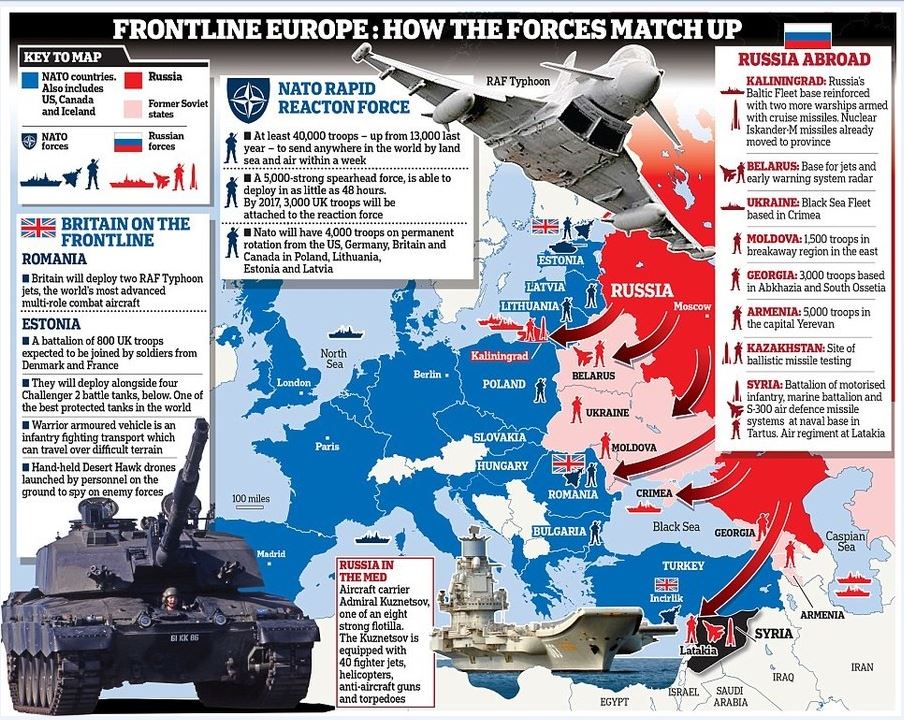
Russia vs NATO
A quick glance at a map reveals why Putin is so intent on having complete military control of Belarus. To the north, the nation borders both Lithuania and Latvia. To the west, Poland, and to the south, Ukraine, all of which are in the Kremlin’s cross-hairs.
A Carnegie endowment study found that “No country on the periphery of Russia has a more ambiguous relationship with it than Belarus.”
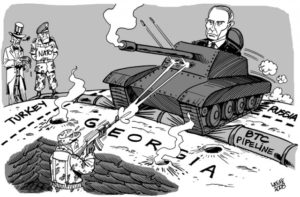
Putin’s forces have targeted the Republic of Georgia.
A Forbes article by Valery Kavaleuski, director for Strategy and Public Affairs of the Belarusian American Association, states that “Belarus must be seen as a low-hanging fruit that can be grabbed by Moscow, one without too many implications for Russia… Russia sees Belarus through the same prism as Ukraine—a view of the world inherent only to Moscow: This is a former part of the empire that must be kept close and cannot bring forth surprises like domestic democracy, independent foreign policy and sound economic strategy. The contract that Russia insists on implies the reliance of Belarus and approval from Moscow of all meaningful political steps. In Belarus’ case this leash is very short. Lukashenko, deeply dependent on Russia’s subsidies and loans, has traded sovereignty for the longevity of his rule, even if that required surrendering immediate national interests and long-term prospects of Belarus. Nevertheless, since the annexation of Crimea, the Belarusian president has treaded carefully. He’s tried to gradually normalize relations with the West while desperately trying not to give Putin any grounds to doubt his loyalty.”
Vladislav Inozemtsev, a Russian economist, said that ‘…even though many in the West believe Russia will in the future seek to occupy part of one of the Baltic countries as it occupied part of Ukraine, the more likely scenario is it’ll seek to absorb Belarus rather than attack…Estonia…It seems to me,’ Inozemtsev says, ‘that [the Russian president, Vladimir Putin,] in order to stir up patriotic passions inside Russia could do so by occupying an entire country, preferably part of ‘the Russian world’ but still not included in Western alliances. And now there is only one candidate for that – Belarus.’…There are some obvious reasons for that conclusion, he notes. Belarus is already part of a union state, and Putin could easily promote the annexation of Belarus as simply about enhancing the union. Many Russians would be enthusiastic, and NATO wouldn’t respond forcefully, Inozemtsev asserts. Those who predict a Baltic scenario, Inozemtsev says, assume that Putin will try to take part of a [Baltic] country rather than a whole one and will seek to seize Narva because Estonia won’t be able to defend itself and ‘NATO will not risk coming to its help’, thus undermining the Western alliance.’
Siarhei Bohdan, in a 2017 Belarus Digest study, reported that the Minsk government is also “playing its own game and trying to get the best of both worlds. It is using the exercise to extract benefits from Russia while attempting to assure Russia’s opponents of Belarus’s neutrality.”
Frank Vernuccio is the editor-in-chief of the New York Analysis of Policy and Government.


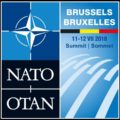
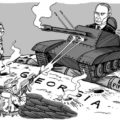
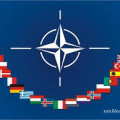
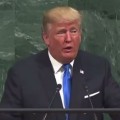











Follow Us